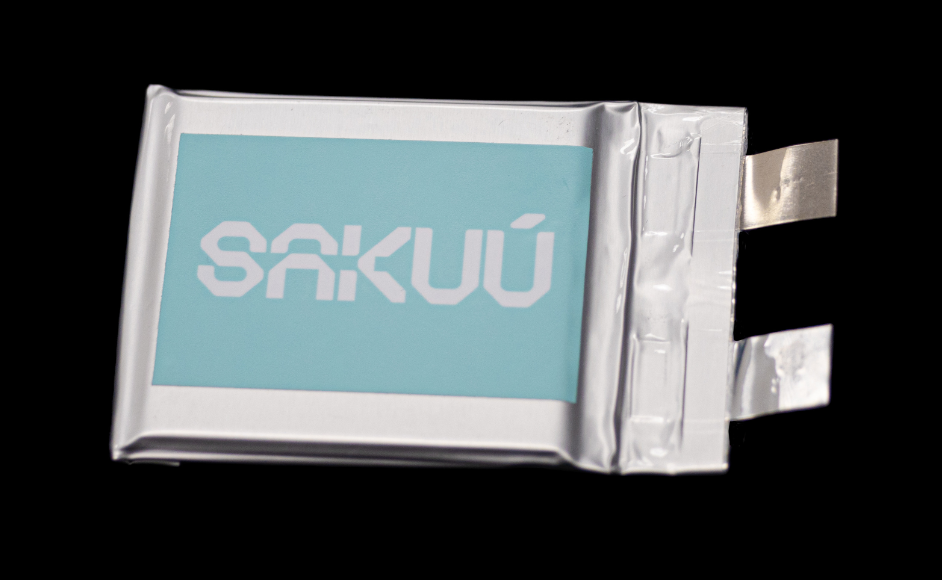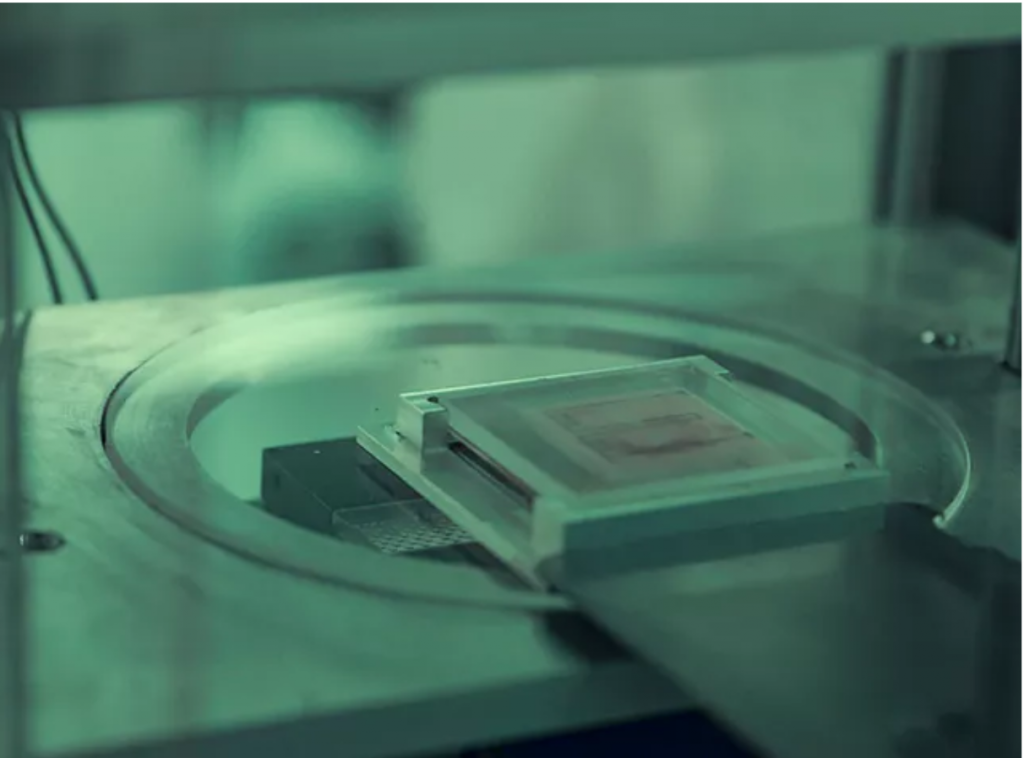Nominate now for the 3D Printing Industry Awards 2023.
Kavian platform and SwiftPrint batteries manufacturer Sakuu Corporation has announced a number of key milestones for its high-power Li-Metal Cypress battery cell chemistry.
Commercially available since May 2023, samples of Sakuu’s Cypress battery cell chemistry have been delivered to global strategic customers in the 2W mobility/motorcycle space, and e-aviation/drone, defense, and power tool industries.
Additionally, Sakuu has reported new figures demonstrating the leading performance and safety qualifications of its Cypress technology. As such, the company claims to have overcome a number of key challenges relating to high-performance Li-Metal battery technology.
“We are in the business of developing and licensing revolutionary manufacturing technology for OEMs to mass produce batteries with higher performance at less cost,” commented Robert Bagheri, CEO and Founder of Sakuu. “Creating an advanced Cypress battery chemistry uniquely positions Sakuu to deliver on our innovative Kavian manufacturing platform. This is our invitation to battery manufacturers everywhere to work with us on pushing boundaries and capturing previously unattainable benefits.”
Speaking at the 2023 Battery Electric Vehicle Architectures USA congress on June 21, Arwed Niestroj, Sakuu Senior Vice President of Customer Success, stated that “We have proven with our platform that we can print polymers, ceramics, and metals — using various dry processes in one device and also in one layer — which no other additive manufacturing company can do. This enables Sakuu to print batteries as well as other active devices.”

Key milestones for Sakuu’s Li-Metal Cypress cell chemistry
According to Sakuu, the company’s lithium metal chemistries enable higher energy and higher power applications.
The Cypress battery cell chemistry is said to offer a compelling set of performance capabilities that appeal to battery manufacturers searching for novel and innovative solutions. Indeed, Sakuu’s licensable Cypress Li-Metal chemistry is designed to easily integrate into roll-to-roll battery manufacturing processes, the company claims.
In this most recent announcement, Sakuu has published figures demonstrating the industry-leading status of its Cypress Li-Metal technology. For instance, with regards to energy density, Sakuu’s Li-Metal pouch cells are achieving 750-950 Watt hours per liter of active cell area. Additionally, Li-Metal anode cells are said to be delivering cycle life exceeding 400 (1C @25℃) to 80% capacity retention.
Li-Metal anode with high nickel cathode was reported as delivering 10C peak full discharge with full recovery, whilst 260+ Wh/kg Specific Energy and 792 W/kg Specific Power (@ 3C) were also highlighted.
Additionally, Sakuu has announced that it is continuing to make progress on its longer term Kavian additive manufacturing platform initiative. Designed to meet global demand for Sakuu’s 3D printed batteries, the Kavian 3D printing platform is said to enable high-volume, automated, and cost effective production of current and next generation battery cells.
Sakuu claims that its Kavian platform has the potential to slash manufacturing costs, reduce waste and optimize sustainability, compared to roll-to-roll battery manufacturing.

Is 3D printing revolutionizing battery production?
Sakuu is not the only company to offer 3D printed battery capabilities. In 2022, Lawrence Livermore National Laboratory (LLNL) partnered with battery materials specialist Ampcera to 3D print lithium ion battery cathodes.
Backed by $1.5 million from the Advanced Manufacturing Office at the US Department of Energy, the partnership leveraged solvent-free Laser Powder Bed Fusion (LPBF). The aim of this work was to create unique 3D battery structures capable of faster charging and higher energy densities, while cutting manufacturing costs and energy consumption.
Also in 2022, speciality 3D printing material developer 6K raised $102 million in Series D funding to expand both its 3D printing metal powder and cathode production capacities, and meet growing lithium ion battery demand. This funding round was led by Koch Strategies, and drew additional support from Energy Impact Partners, Albemarle, HG Ventures, and 6K’s existing backer.
Elsewhere, Blackstone Resources, a Swiss investment firm focused on battery technology, plans to commence commercialization of its novel 3D printed sodium-ion battery by 2025. The company’s German R&D Subsidiary Blackstone Technology is expected to collaborate with a consortium of academic and industrial partners to demonstrate its 3D printed solid-state batteries in a real world use-case within the next two years.
Subscribe to the 3D Printing Industry newsletter to keep up to date with the latest 3D printing news. You can also follow us on Twitter, like our Facebook page, and subscribe to the 3D Printing Industry Youtube channel to access more exclusive content.
Are you interested in working in the additive manufacturing industry? Visit 3D Printing Jobs to view a selection of available roles and kickstart your career.
Featured image shows the Sakuu Silicon Valley Factory. Photo via Sakuu.
منبع: https://3dprintingindustry.com/news/sakuu-reports-major-milestones-for-its-high-power-li-metal-cypress-battery-chemistry-224476/?utm_source=rss&utm_medium=rss&utm_campaign=sakuu-reports-major-milestones-for-its-high-power-li-metal-cypress-battery-chemistry
